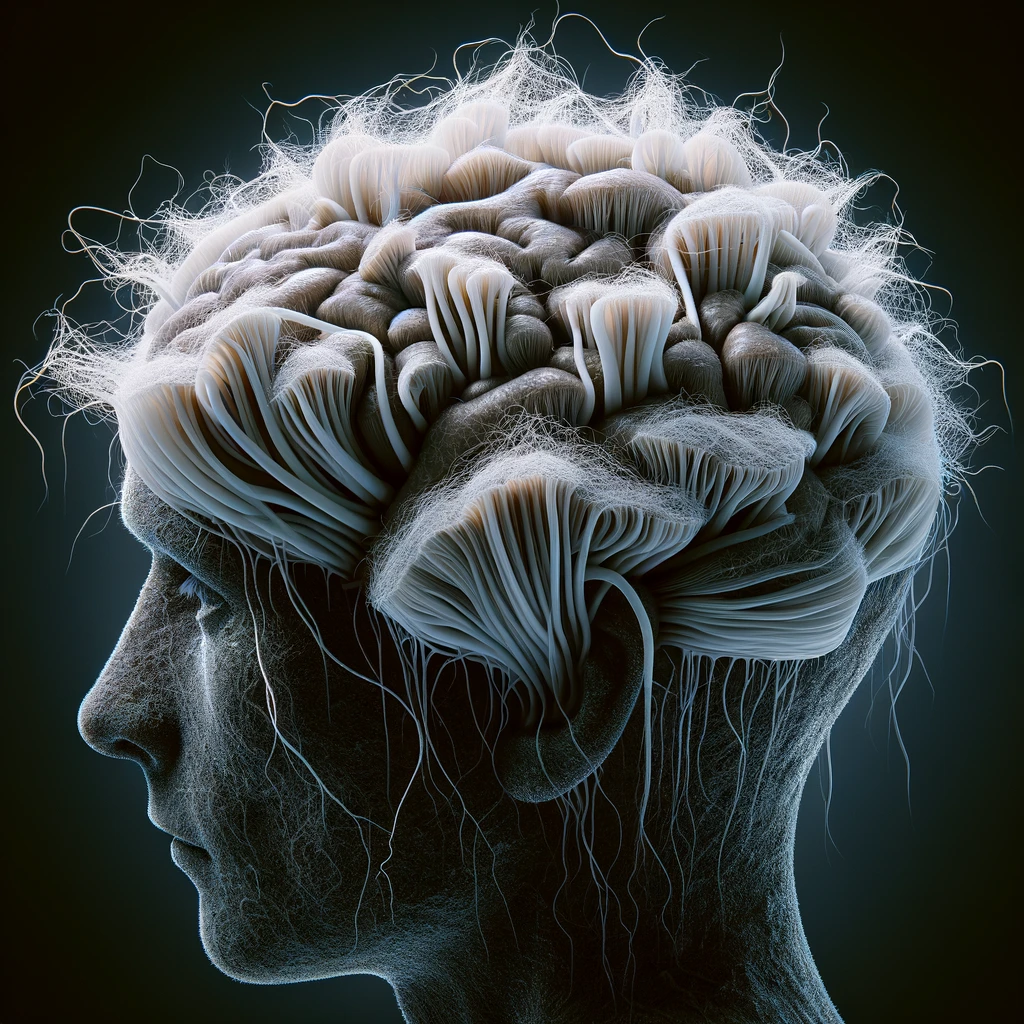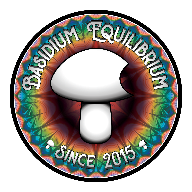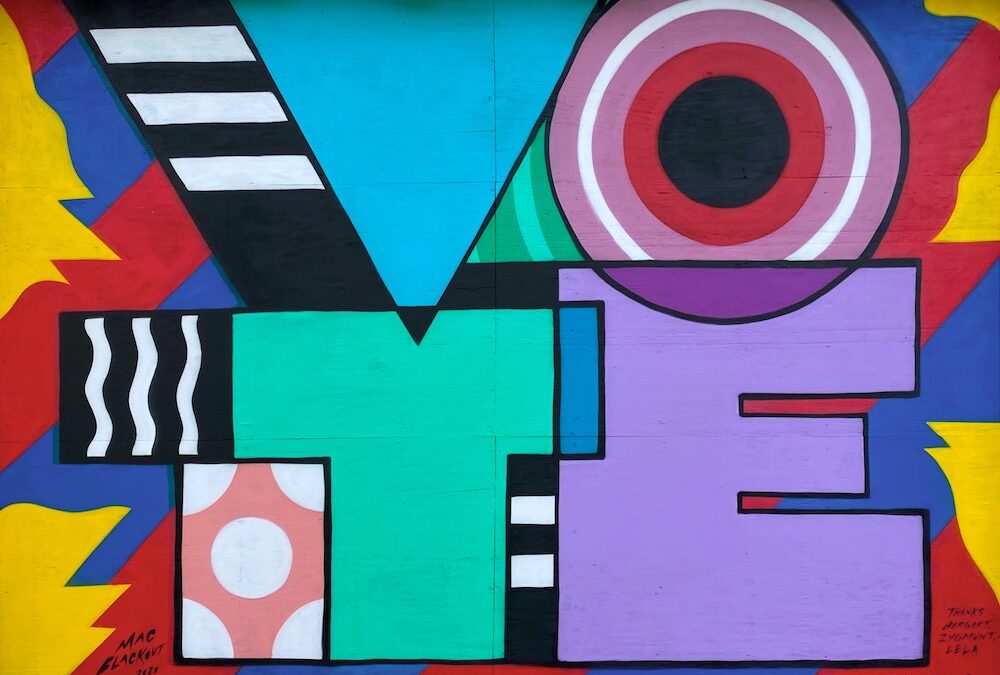Psilocybin Decriminalization in Massachusetts: The Vote
In recent years, the potential therapeutic benefits of psychedelics have drawn significant attention, sparking debates about decriminalization and regulation across the United States. Massachusetts recently joined this conversation with a ballot measure in the 2024 election that proposed Psilocybin Decriminalization, a naturally occurring psychedelic compound found in certain mushrooms. This article explores the reasoning behind the measure, the results of the vote, and what the outcome might mean for the future of psychedelic reformation in the U.S.
Why Psilocybin? Understanding the Push for Psilocybin Decriminalization
Psilocybin has shown promise in studies examining its potential to alleviate mental health conditions such as depression, PTSD, and anxiety. Major research institutions, including Johns Hopkins University and NYU, have conducted studies suggesting that psilocybin can help improve mood, reduce anxiety, and facilitate a sense of connection and self-awareness in controlled therapeutic settings.
Massachusetts’ 2024 ballot initiative, Question 4, proposed legalizing psilocybin for adults over 21, allowing them to cultivate, possess, and use psilocybin within certain guidelines. Additionally, it aimed to establish licensed therapy centers where trained professionals could administer psilocybin in a controlled environment, providing the public with regulated access to psilocybin-assisted therapy.
Supporters of the measure argued that legalization would provide safe access for those seeking alternative therapies, offering a controlled and researched approach to its use. They also highlighted that this legislation would help Massachusetts lead in mental health reform and psychedelic research. Opponents, however, raised concerns about potential misuse and the challenges of implementing a regulatory system for substances with powerful psychoactive effects.
The 2024 Vote: Results and Immediate Implications
When Massachusetts voters cast their ballots on November 5, 2024, the measure ultimately failed to pass. The rejection of Question 4 reflects a cautious stance among voters who may be interested in the potential of psilocybin but are not yet ready to support its legalization outside of strict medical settings. The outcome also aligns Massachusetts with other states that have recently voted against drug reform measures, underscoring that despite growing interest, these policies still face significant public and regulatory hurdles.

Why Did the Measure Fail? Factors Behind the Vote
The rejection of psilocybin decriminalization in Massachusetts can be attributed to several factors:
- Safety and Misuse Concerns: Psilocybin’s powerful psychoactive effects raised questions about misuse. While therapeutic settings provide controlled administration, open access poses risks that voters may have been wary of without further data and regulatory structures.
- Regulatory Challenges: Implementing a statewide regulatory framework for psychedelic therapy centers and recreational use would require significant oversight. Some voters may have had reservations about Massachusetts’ readiness for this type of regulatory infrastructure.
- Public Perception and Education: Psychedelics still carry a cultural stigma that can influence public perception. Despite evidence of therapeutic benefits, some voters may remain cautious, particularly if they feel insufficiently informed about the safety and efficacy of psilocybin treatments.
Looking Forward: The Future of Psychedelic Reformation
The failure of Question 4 doesn’t mark the end of psychedelic reformation in Massachusetts or the U.S. Instead, it suggests a slower, more cautious path toward decriminalization. Although the measure was rejected, the fact that psilocybin made it onto the ballot at all signals progress in the national dialogue about alternative mental health therapies and drug policy.
- Expanding Research: Psychedelic research is growing, and with new findings supporting therapeutic applications, public opinion may continue to shift. As research from reputable institutions like Johns Hopkins and NYUcontinues, we can expect a stronger evidence base that may make future ballot measures more viable.
- Psychedelic Therapy Clinics: Rather than full legalization, future reforms may focus on establishing licensed psilocybin therapy clinics, allowing controlled use in medical contexts. This approach could bridge the gap between public safety concerns and the therapeutic benefits of psilocybin.
- Growing Public Awareness: Over time, as studies and information about psilocybin’s benefits become more widely known, public education efforts can help inform and shift opinions. This measured, informed approach may eventually lead to broader acceptance.
I believe the measure may have been overly ambitious, as it included provisions to legalize multiple substances, such as mescaline, DMT, and ibogaine. Each of these psychedelics has its own distinct therapeutic potential and is currently undergoing clinical research in its respective field. However, the inclusion of multiple substances that are not widely understood or accepted might have contributed to the measure’s rejection.
From my perspective, the focus should shift toward education and awareness, emphasizing the unique properties and potential therapeutic uses of each substance. By fostering a better understanding among doctors, practitioners, and the public, we can build a stronger foundation for integrating these substances into therapeutic settings responsibly and effectively.
The failure of the psilocybin measure in Massachusetts highlights both the potential and the challenges of psychedelic reformation. While it wasn’t passed this time, the national conversation around psychedelics is far from over. As research progresses, and as states like Massachusetts continue to explore the role of psychedelics in medicine, it’s likely that we’ll see future measures aimed at responsibly integrating psilocybin into therapeutic medical settings.
For those interested in staying informed or involved in the future of psychedelic research, visiting resources like our Blog, MycoCosm and MAPS (Multidisciplinary Association for Psychedelic Studies) is an excellent way to stay engaged and learn about the developments in this field.
This article is intended solely for educational and informational purposes. It aims to explore the historical, cultural, and scientific significance of psilocybin mushrooms and related substances. We do not endorse, encourage, or promote the use of mind-altering substances, whether for recreational, spiritual, or therapeutic purposes, outside of legal and regulated contexts.

